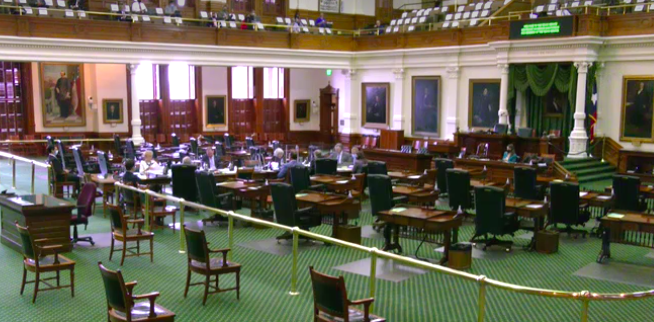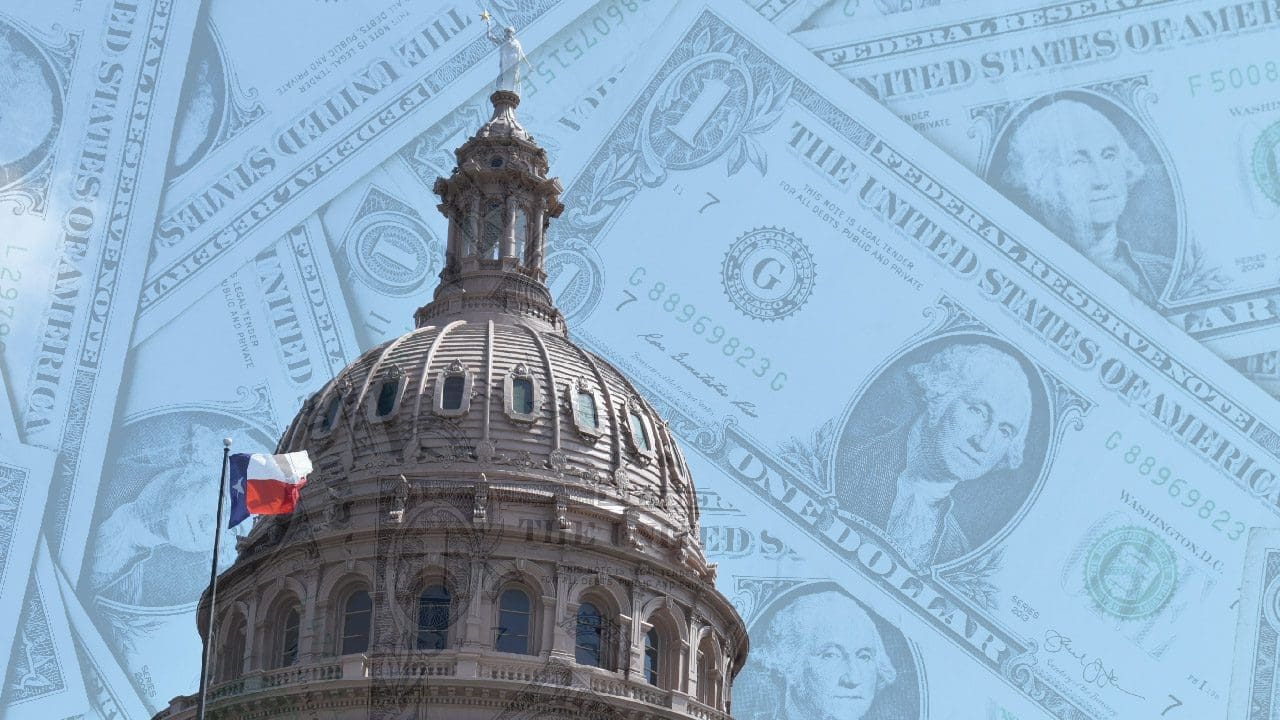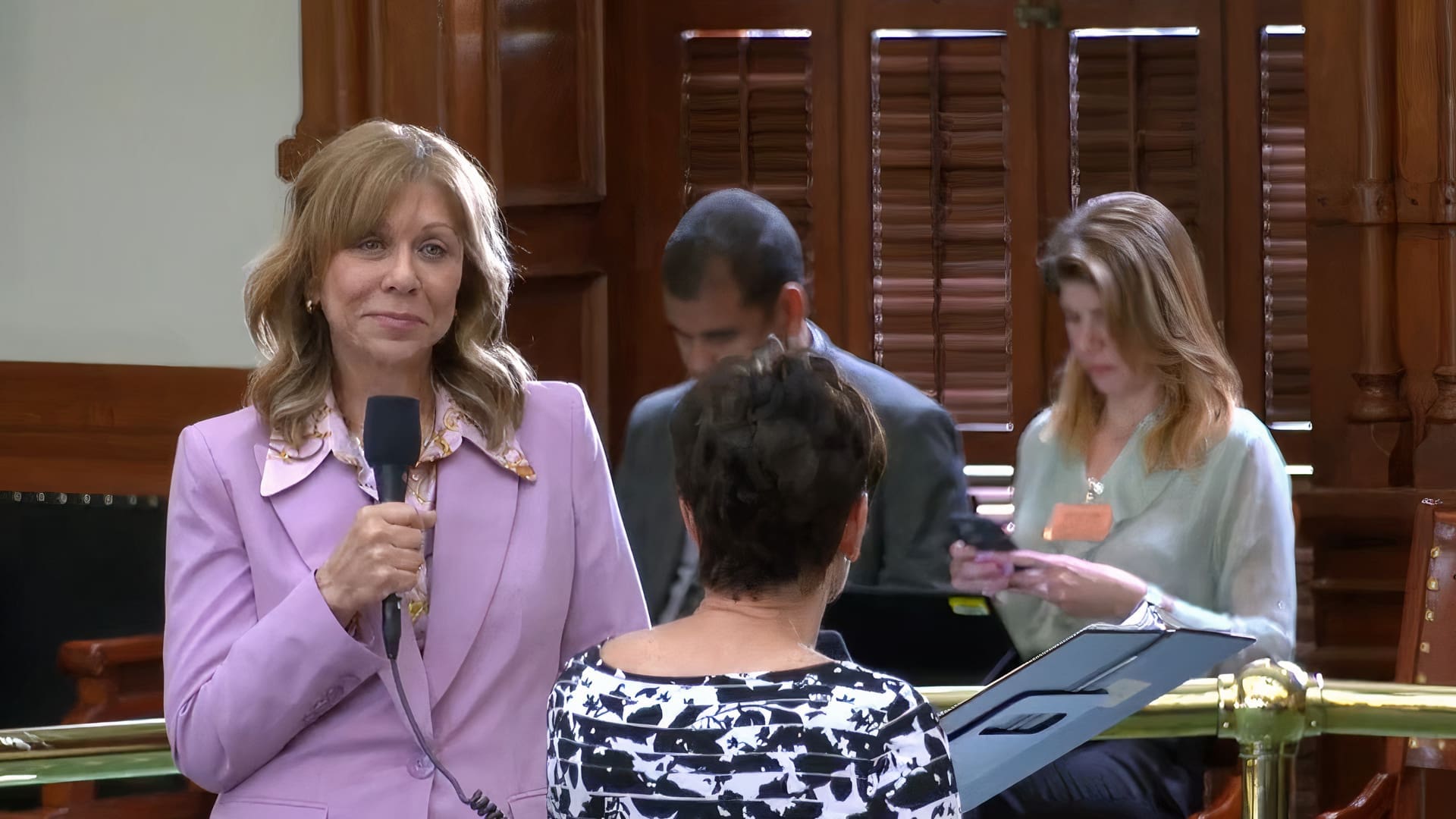A mile-marker moment in the Texas legislative session came and went on Tuesday, as the Texas Senate unanimously approved Senate Bill 1—its version of the state’s budget for 2022-2023.
Passing a balanced budget is one of the only constitutionally mandated tasks of the state Legislature. This session, however, lawmakers have far less leeway than they have in previous years.
Earlier this year, Comptroller Glenn Hegar told lawmakers they would face a $1 billion shortfall, as well as a projected 0.4 percent decrease in general revenue, in light of the economic effects from coronavirus-related shutdowns.
To that end, both chambers were forced to keep their overall spending in check, leading to two similar starting points for the House and Senate.
Through the committee process, led by State Sen. Jane Nelson (R–Flower Mound), the Texas Senate was able to slightly cut $1.8 billion in general revenue spending off of its initial estimate, coming in at $250.7 billion.
This represents a 2.6 percent increase from the previous biennium, under population plus inflation.
Texans for Fiscal Responsibility says while the budget shows some fiscal restraint, it’s missing tax relief.
“The Texas Senate’s budget provides only a modest increase in total state spending below population and inflation, a traditional standard of a conservative budget. That fiscal restraint is noteworthy, but taxpayers desperately need far more than the minimum standard from their elected leaders,” said TFR President Cary Cheshire.
“Indeed, majorities in both chambers of the Texas Legislature were not elected on promises to merely not grow government as fast, but rather to deliver sorely needed tax relief to hardworking Texans. Unfortunately, the budget passed by the Texas Senate does not prioritize tax relief, and Texans will not see the reductions in their tax bills they deserve,” he added.
The bill will now move over to the House, where lawmakers are expected to hold debate sometime in the coming weeks on their version of the budget, which often includes hundreds of amendments and late-night debate.
The two chambers will then have to reconcile their two versions of the bill and get final approval from lawmakers before ultimately sending the budget to Gov. Greg Abbott to sign.





